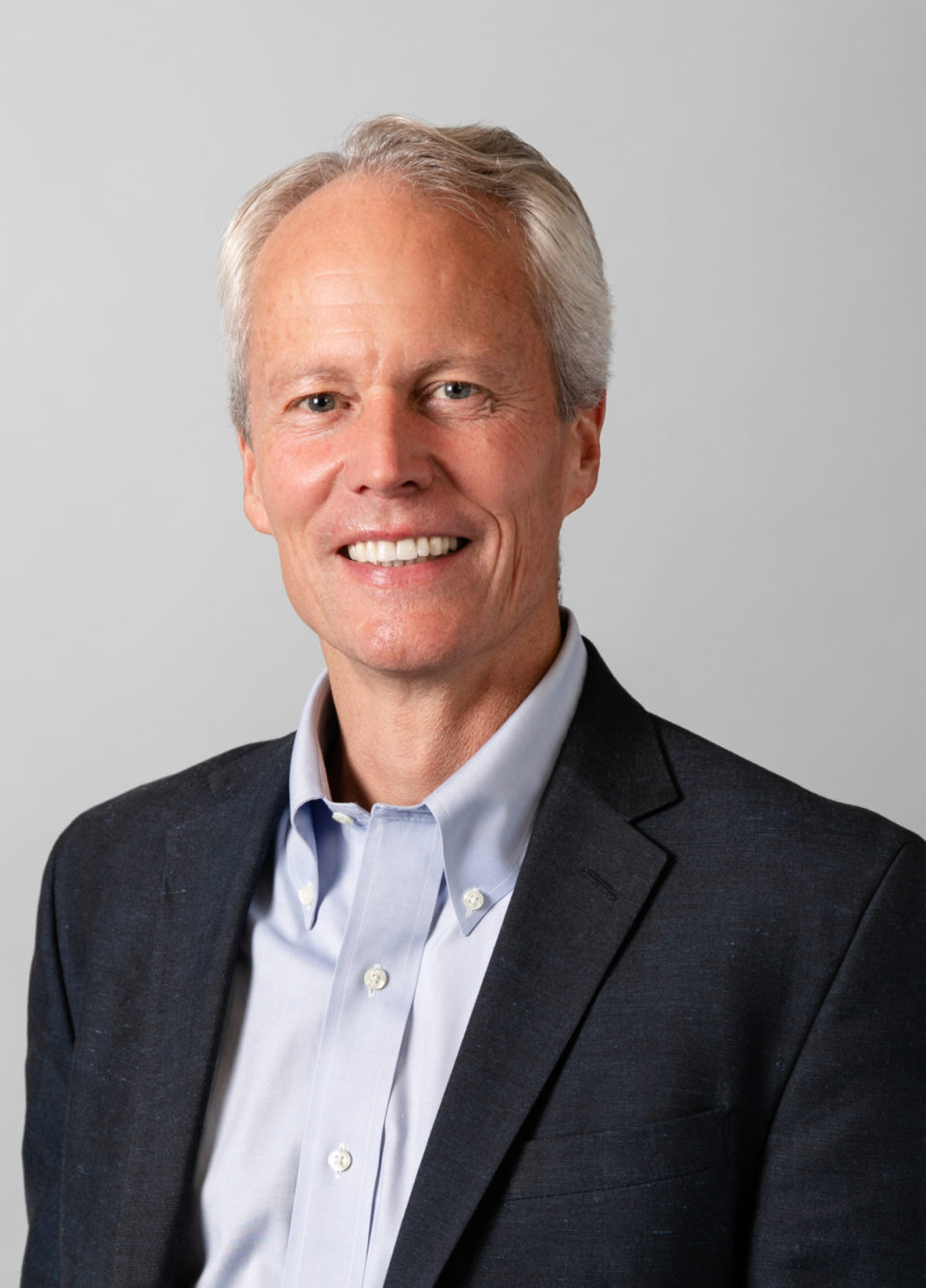-
What do you do at Frontier Growth?
The simplest way to describe what I do is that I work with and support our CEOs, their executive leadership, and our teams at Frontier to drive value-creation initiatives.
-
What does that involve on a day to day basis?
Well, it differs depending on the company and how long it's been in our portfolio.
We have a series of initiatives that we execute right out of the gate with every portfolio company during the first year of the company's life with Frontier. These include things such as working with the CEO and his or her leadership team to revisit their go-to-market strategy, putting in place a scalable, sustainable sales and marketing infrastructure if they don’t have one, ensuring they have a great customer success capability etc.
Then over time, the initiatives become very company-specific until finally, as we approach the end of the ownership period, we begin working on exit planning. Then we’ll be thinking about buyers and putting in place all the information that a buyer would likely want to see.
-
What makes you personally a good fit for the portfolio companies you work with?
Every one of our companies has a very capable CEO running the business—I go in wanting to make them even more successful.
So I take time to understand how they like to work, asking questions about their company, really listening to their answers. I don’t come in with assumptions based on how the business has done things in the past. Hopefully, that means I can be somewhat objective.
Since I know less about their business, the industry, the competitors, and the customers, I ask a lot of questions. Sometimes I ask dumb questions. Sometimes I get lucky and I’ll ask questions that enable us to tease out learnings or which help the CEO and his or her leadership team to see value creation opportunities in the business.
-
How long have you been with Frontier?
It's been almost exactly three years, I started in late July of 2016. I’ve been in and around the world of private equity since 1999 in a variety of roles.
-
What was it about Frontier that convinced you to join the firm?
That's a great question—I'm based in Chicago so Charlotte's not necessarily a convenient location for me.
It was a number of things. I wanted to work with a firm in the technology or software space. I wanted them to have a track record of success. And, importantly, I wanted the people to be just good people.
Frontier ticked all those boxes.
-
What is it about growth equity that's kept your interest for so long?
The work is really, really stimulating and challenging. You need to figure things out quickly, execute rapidly, and adjust if you need to. There’s a real energy to that.
The software sector that we specialize in is incredibly dynamic. It’s changing constantly. And while the companies are all similar in that they sell software, they are all different in so many other ways (different solutions, different industries, different sizes of customer etc). It’s stimulating to be part of a team figuring out what a particular company needs to gain traction and then to work out how to do it.
The people at our portfolio companies are all really smart, really successful individuals. I love the challenge of working out what makes each one tick and how best to help them.
-
And what do you love about the software business?
We now live in a world where software is important to every single business, even the ones you might not expect. From how a company operates to how it works with its entire supply chain, software is critically important. More than this, its importance is growing month-on-month, year-on-year.
The move to SaaS has made cutting-edge software available to a much larger group of companies. It used to be that when you bought a software solution for your company, such as an HR system or an ERP solution, it was a massive undertaking and meant hundreds of thousands of dollars of investment. And that’s before the challenge of getting it installed, configured, and delivering value.
With cloud-based software, it’s never been quicker or easier to implement new solutions. This has reduced the time it takes to deliver value from months and years to days and weeks. And most solutions are pay as you go with very little lock-in. If you like what you’re getting, great, you’ll continue to subscribe. If not, you can simply go elsewhere. That’s incredibly powerful for the user.
-
How is the world of private equity changing? What’s next?
There's significantly more capital available than there was five or ten years ago. A huge portion of that capital is as yet uninvested. It means there's a lot of people whose livings are tied to putting that capital to work. This has driven up prices for attractive businesses.
With increasing prices, PE firms need to be able to find ways to dramatically improve the operations of their portfolio businesses to generate a profit for their investors five-or-so years hence. This, I believe, is the biggest challenge for PE today: working out how to significantly improve the operations of our businesses and create sustainable value growth.


